Some British traditions have fallen by the wayside over the years, lost to time and modern convenience. Here are some old British traditions we should embrace and that will hopefully survive for generations to come.
Afternoon Tea
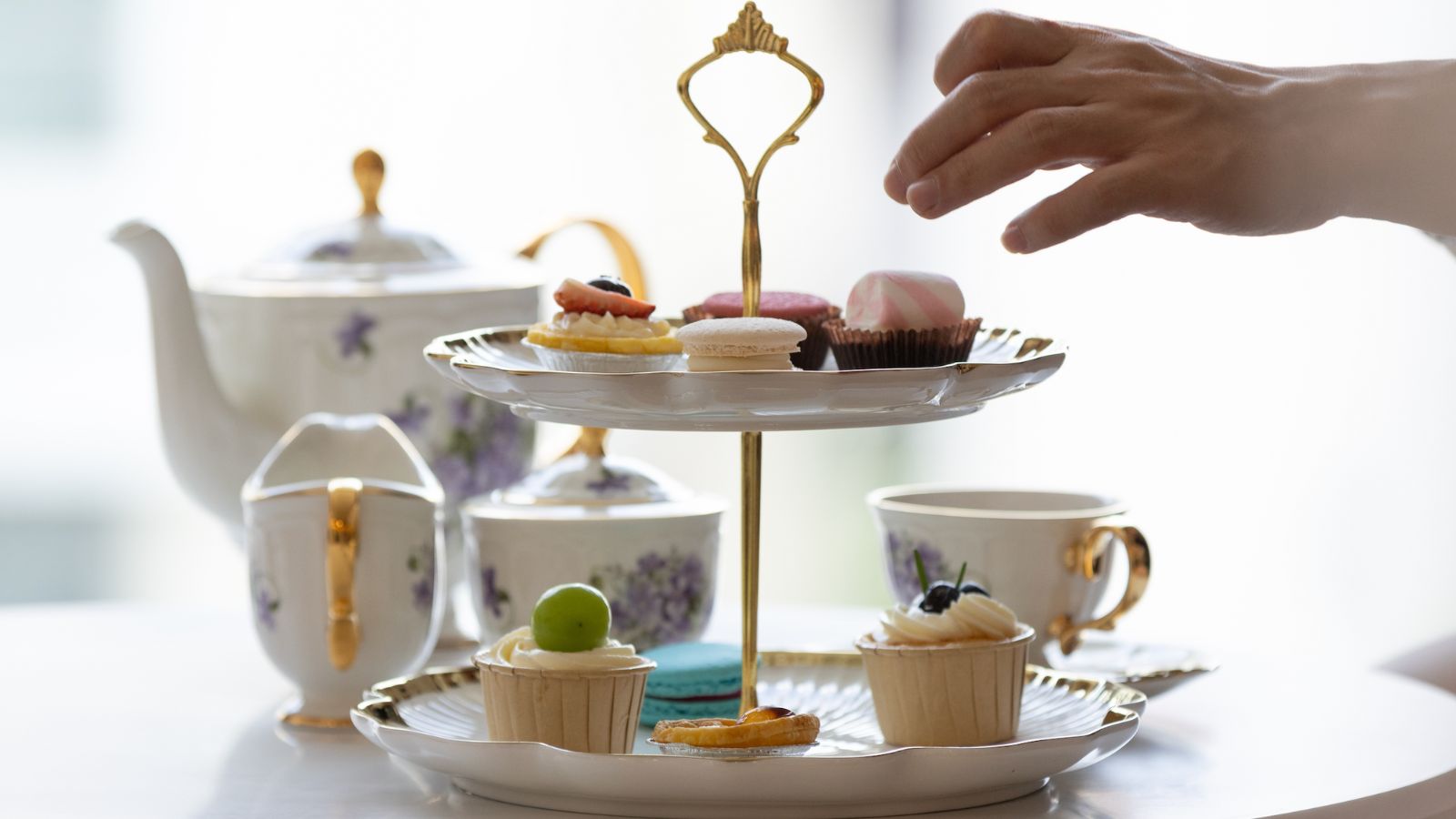
There’s nothing quite as quintessentially British as afternoon tea. Traditionally, it was a time for light refreshments between lunch and dinner, complete with dainty sandwiches, scones, and, of course, tea, and it wasn’t just about food but about slowing down and enjoying a peaceful break with friends or family.
Sunday Roasts with All the Trimmings
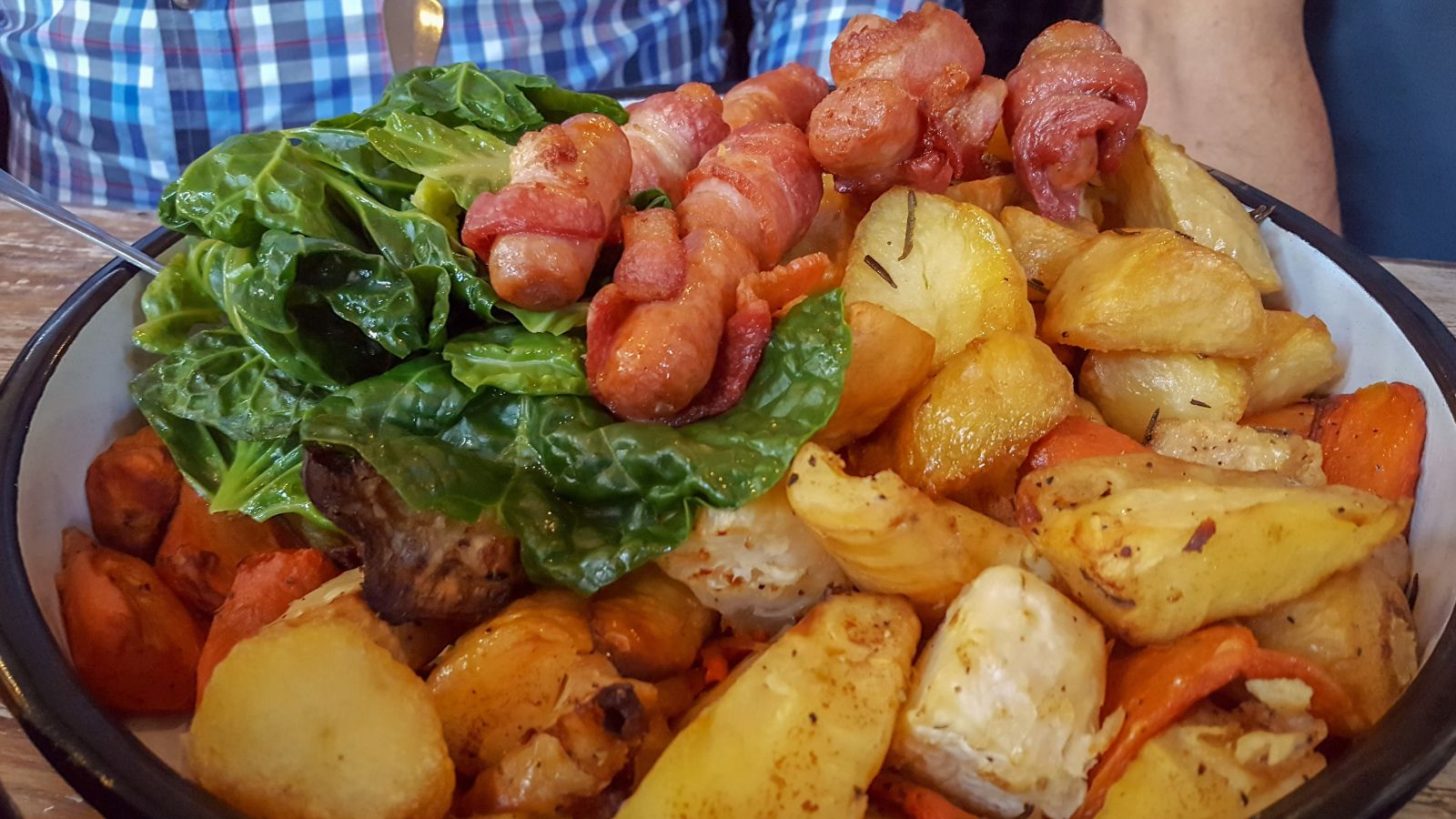
While the Sunday roast is still around, it’s not the weekly event it once was, as back in the day, it was almost sacred, a time when families gathered at the table for a hearty meal of roast meat, Yorkshire puddings, and vegetables, followed by a comforting dessert. The tradition created a routine where families could come together, share stories, and savour homemade food.
Maypole Dancing
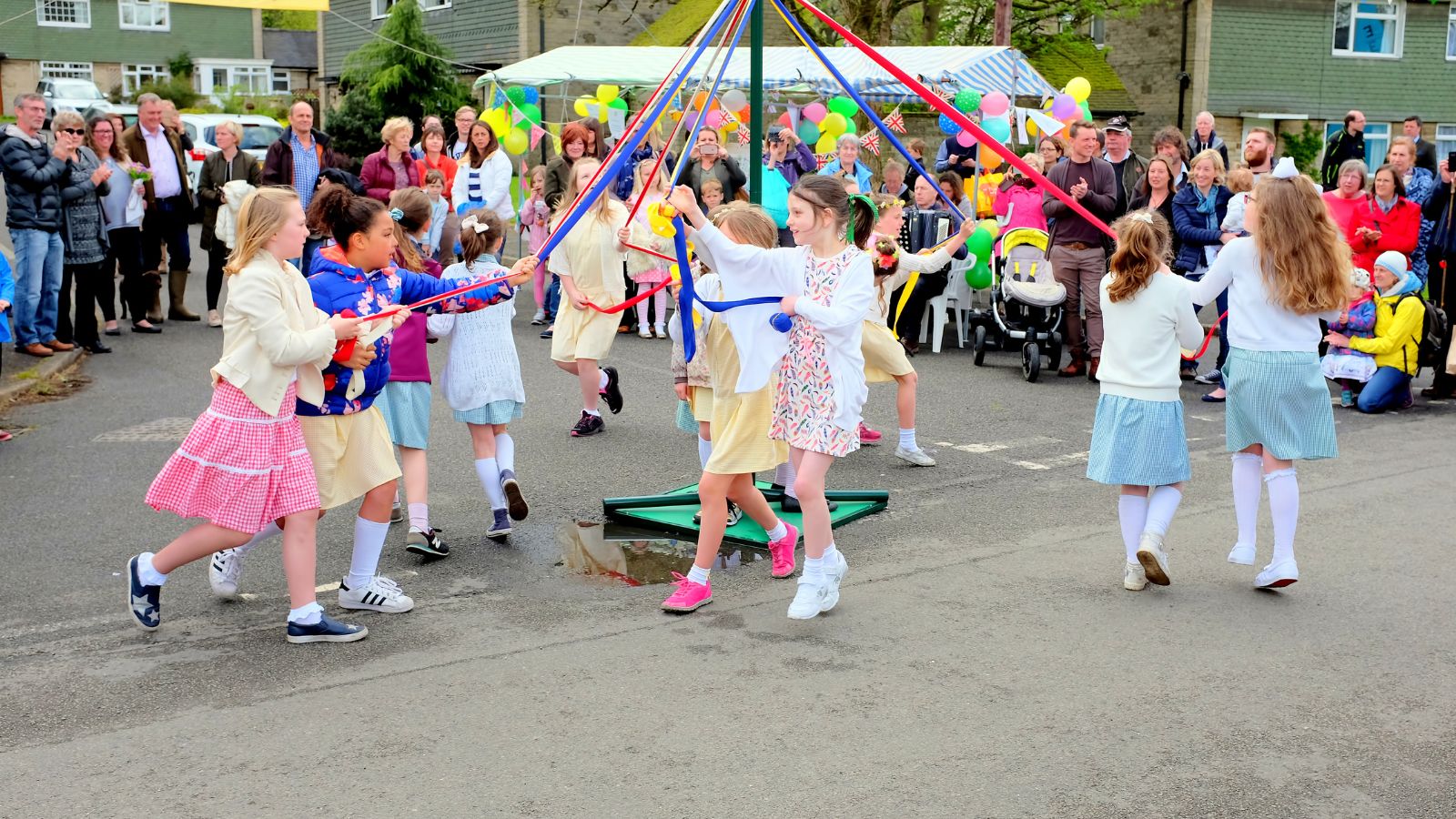
Maypole dancing was once a popular springtime tradition that brought entire villages together. People would celebrate the arrival of warmer weather by dancing around a tall pole, weaving colourful ribbons in elaborate patterns, while the Maypole is now mostly seen at festivals or school fairs.
Milk Delivery in Glass Bottles
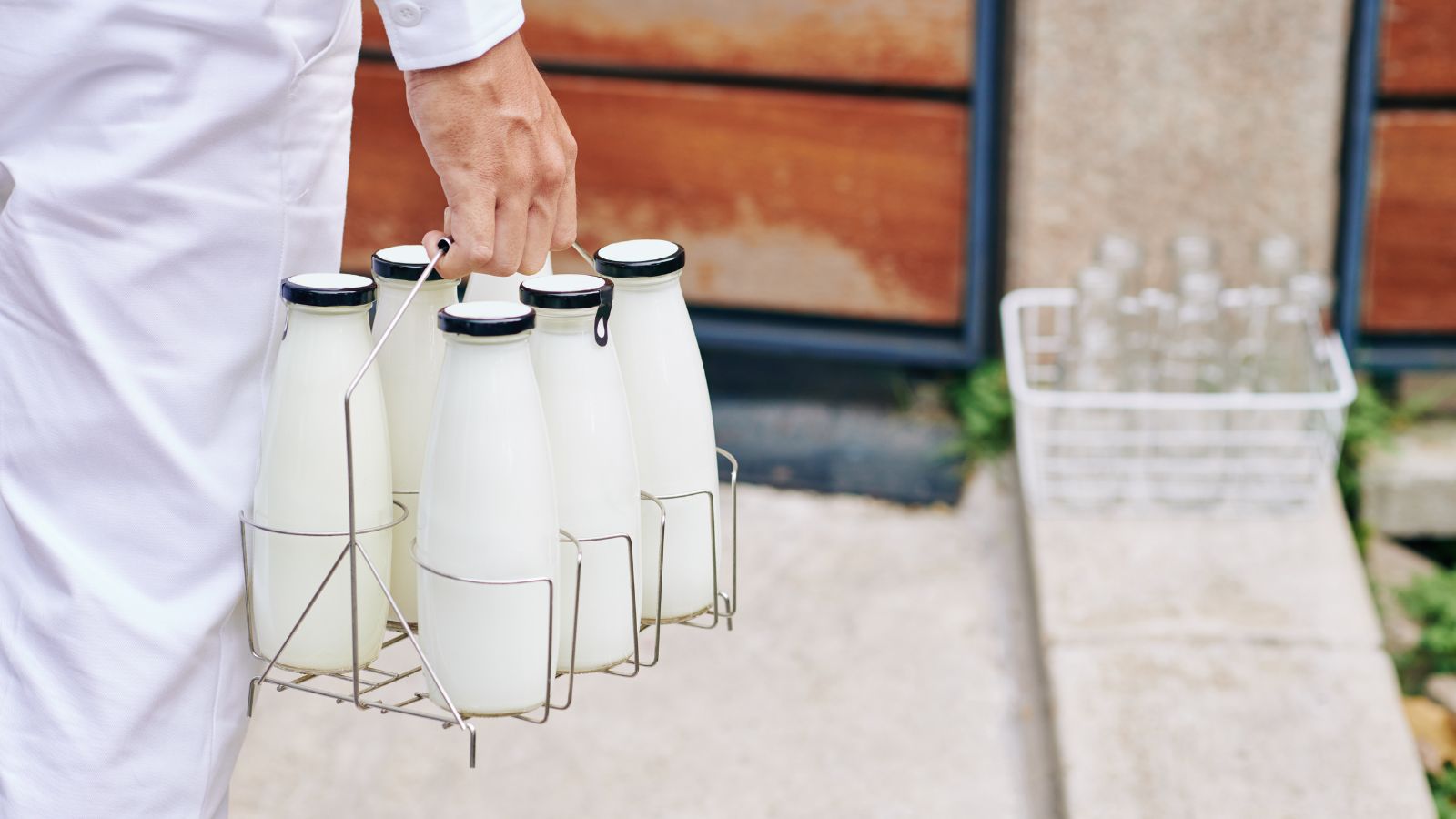
There was something delightful about waking up to find fresh milk delivered in glass bottles to your doorstep; the clink of bottles early in the morning was a familiar sound in many British households. Not only was this tradition environmentally friendly, with reusable glass bottles, but it also provided a local service that connected communities.
Wearing Hats to Social Occasions
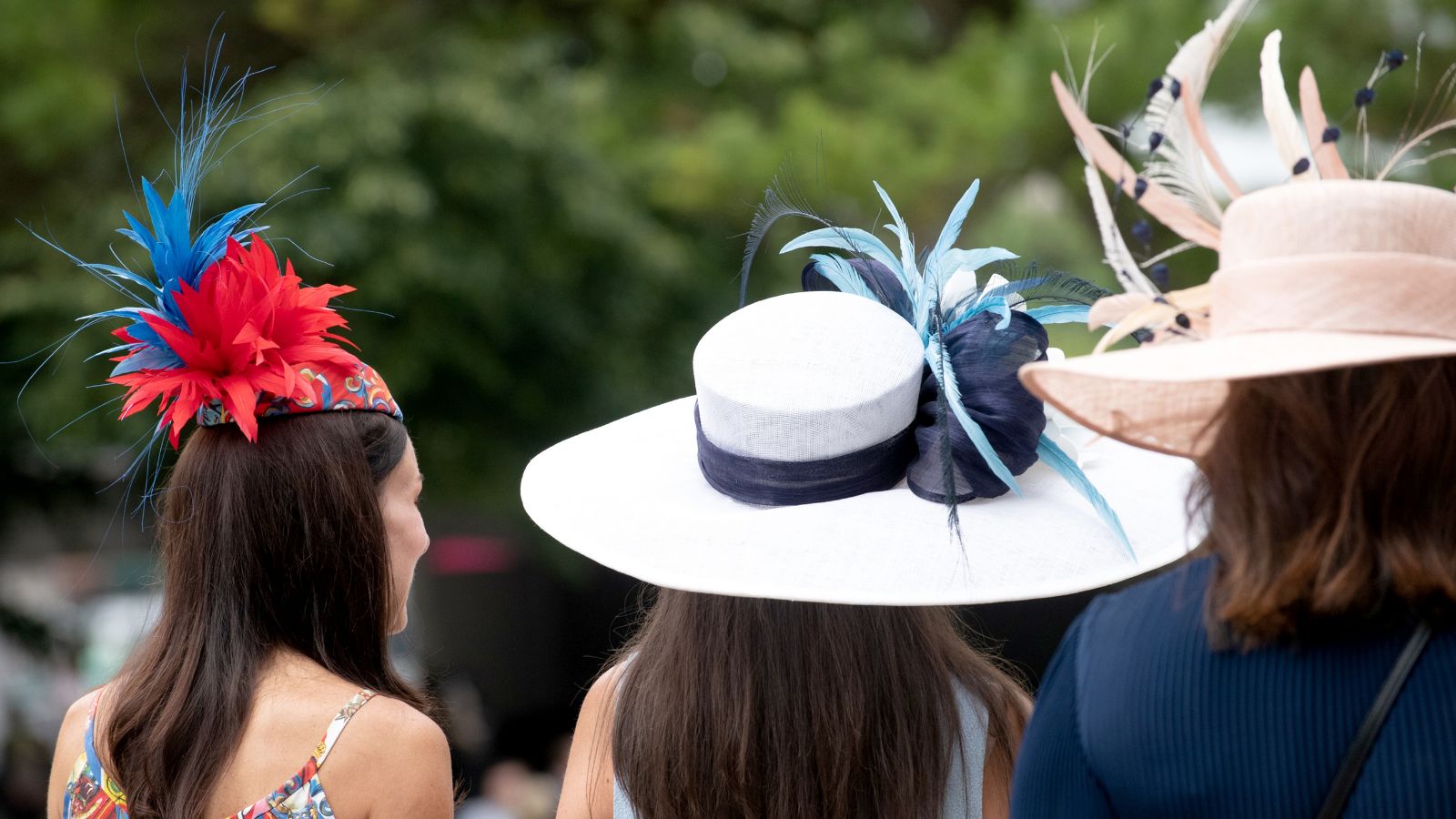
Hats were once an essential part of formal British attire, whether for a wedding, a day at the races, or a Sunday church service, and no outfit was complete without a carefully chosen hat. While hats are still worn at events like Royal Ascot, they’re not as common in everyday life.
Proper Picnics
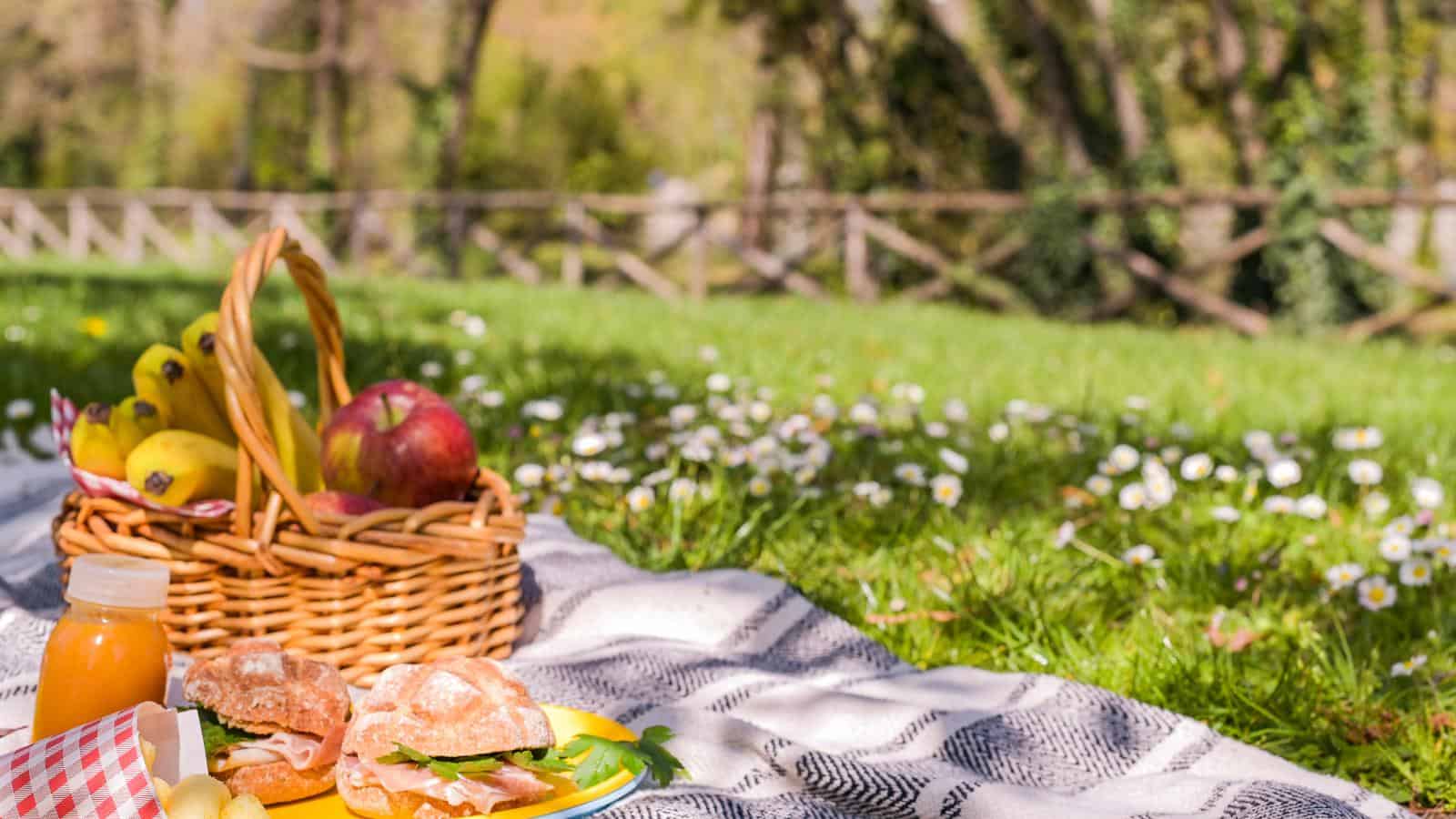
Picnicking was once a grand affair, with families packing up elaborate spreads, complete with blankets, wicker baskets, and homemade pies. It wasn’t just about eating outside; it was about enjoying the beauty of the outdoors and spending quality time with family and friends.
Sending Thank-You Notes

The art of writing and sending thank-you notes has largely been lost in the age of instant messaging and emails. There was something thoughtful and personal about receiving a handwritten note of appreciation after giving a gift or attending an event, and holding on to this tradition would possibly bring back a touch of class and gratitude to our social interactions.
Public Toasts and Speeches
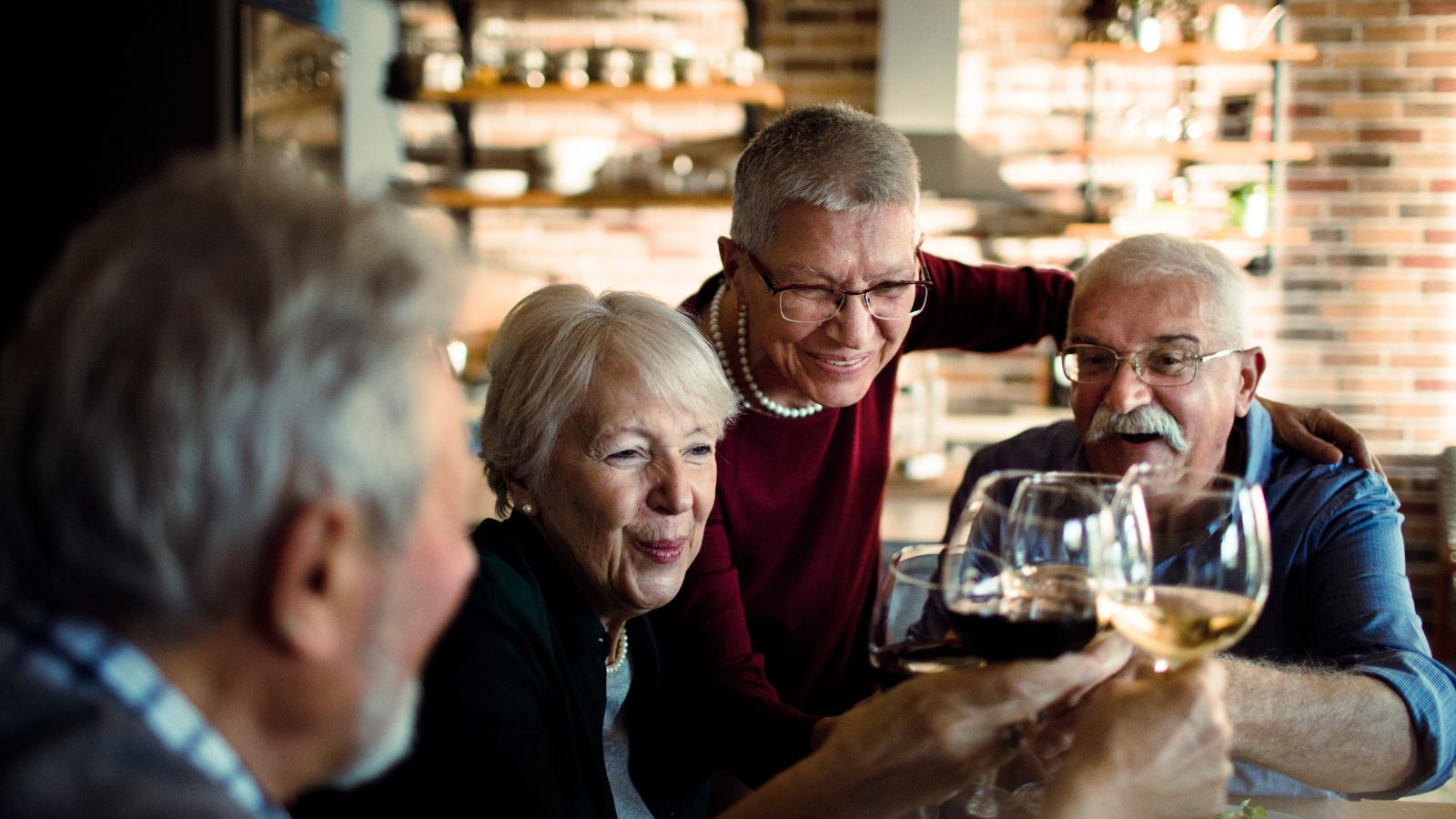
There was once a time when public toasts and speeches were a regular feature at gatherings and events, whether at a wedding, a dinner party, or even a village fete, and someone would stand up, raise a glass, and deliver a heartfelt toast. These moments added a sense of occasion and ceremony.
Morris Dancing
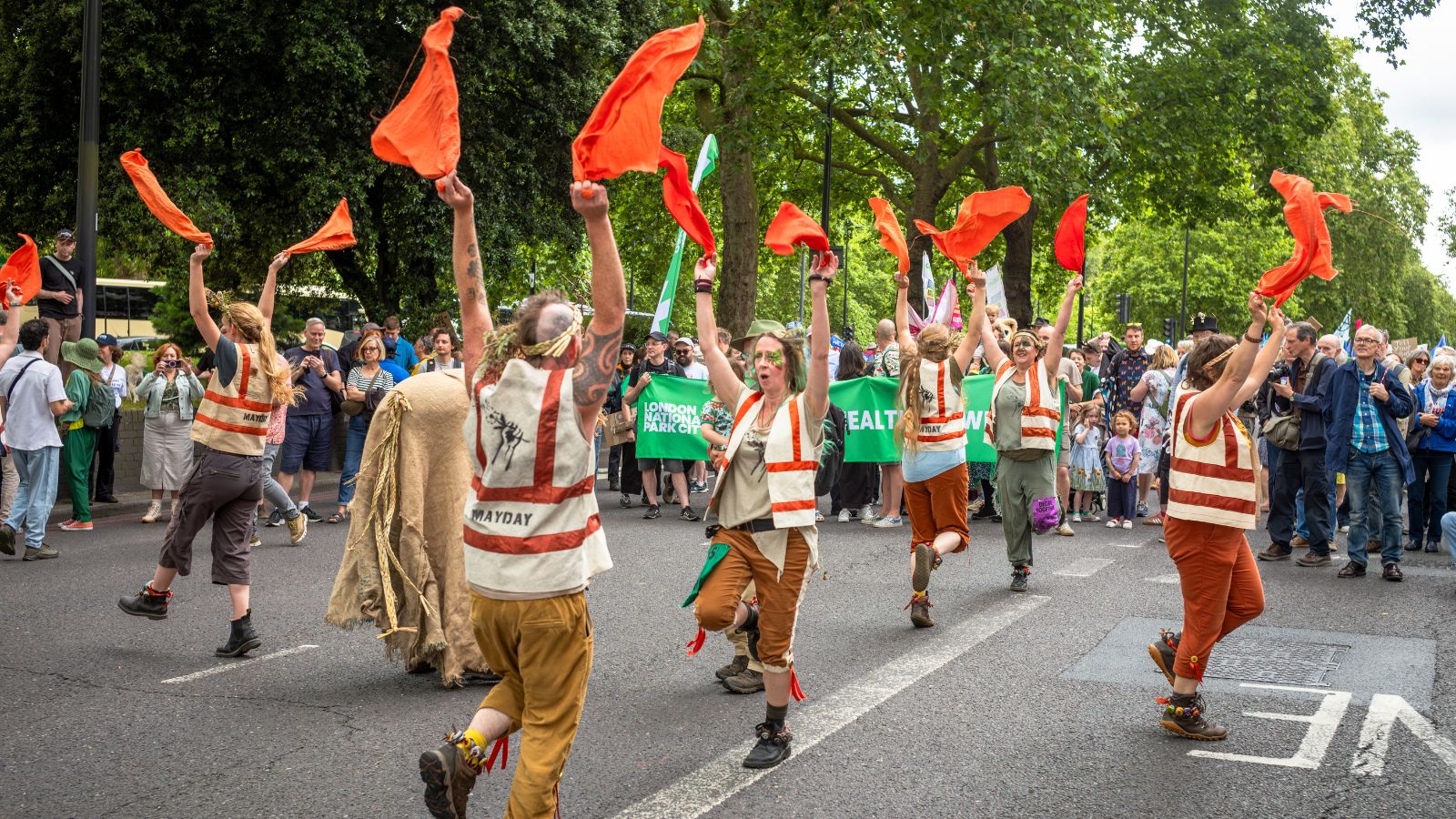
Morris dancing is a lively, traditional folk dance performed by groups of dancers adorned with bells, ribbons, and sticks, a spectacle that dates back to the Middle Ages and was once a key part of local festivals and celebrations. While it’s still performed in some parts of the country, it’s far less common than it once was.
Proper Correspondence

There was a time when writing letters was a common practice, whether for business or pleasure. People would take time to compose thoughtful letters, and in return, receive equally thoughtful replies, yet in the age of instant messaging, this tradition has all but disappeared.
Street Parties
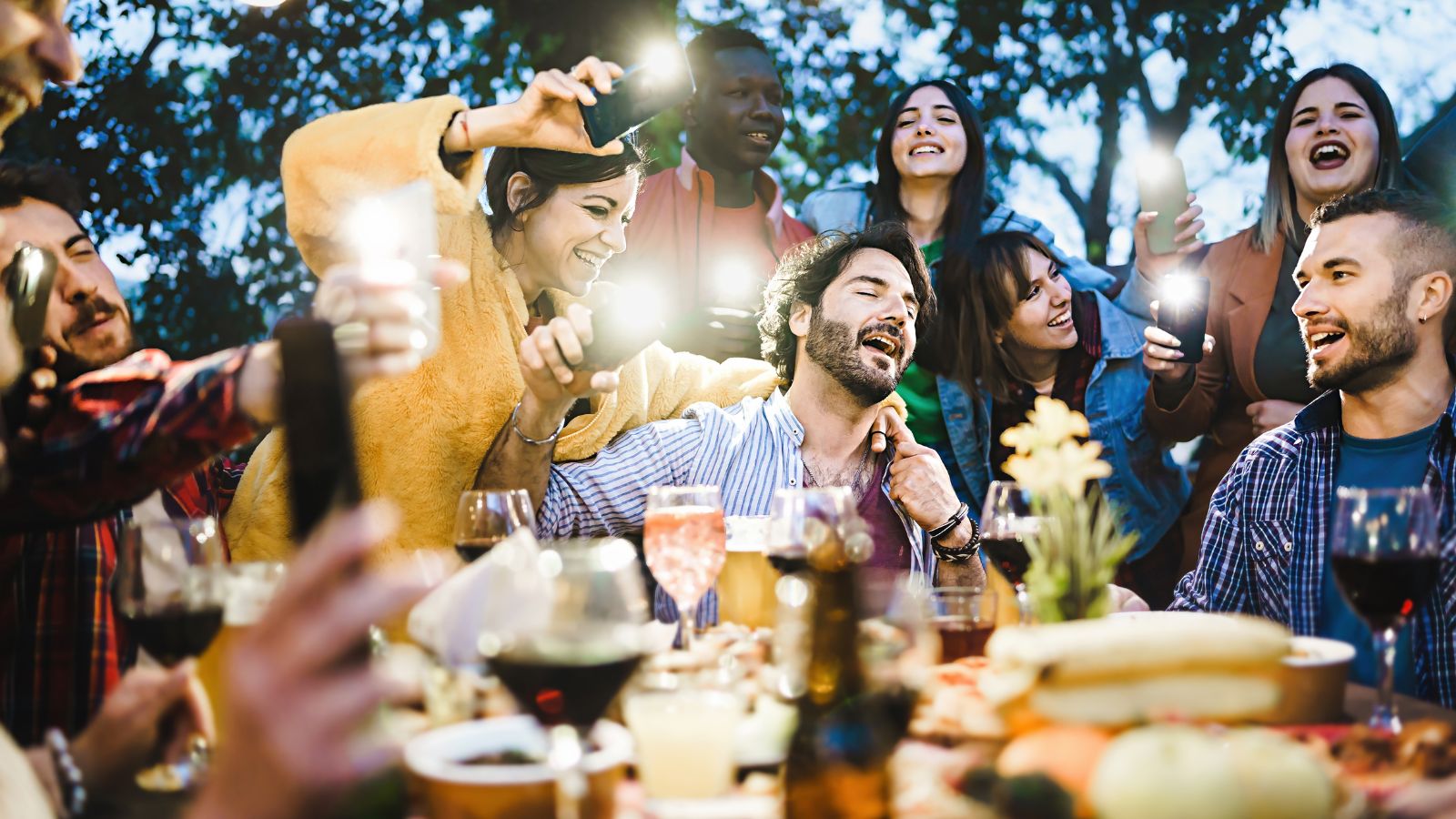
Street parties were once a hallmark of British community spirit, whether to celebrate a royal event, a national holiday, or simply to bring neighbours together. These parties were joyful occasions that transformed ordinary streets into lively social hubs, and tables would be laid out, bunting strung from houses, and people would bring homemade dishes to share.
Calling Cards

In Victorian times, calling cards were an elegant way to introduce oneself and signal a desire to socialise. These beautifully designed cards were left when visiting someone’s home and acted as a formal, yet personal, form of communication compared to digital messages.
Formal Dinners with Place Settings

The tradition of hosting formal dinners, complete with proper place settings, silverware, and multiple courses, has become somewhat of a rarity nowadays. Formal dinners weren’t just about the food, they were about the experience – a chance to gather around the table, enjoy good conversation, and share a meal in style.
The Georgian Love for Strolling
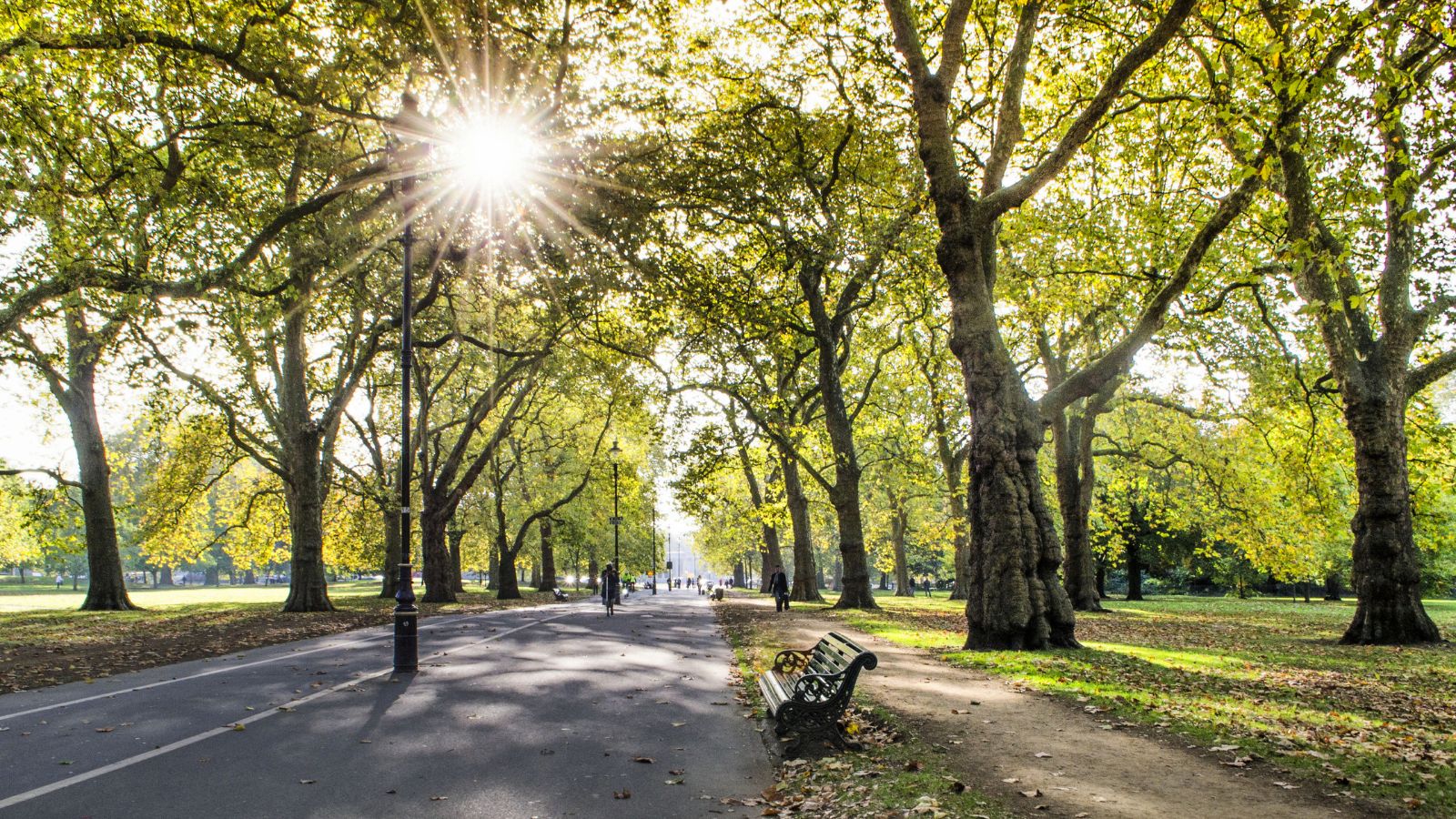
In the Georgian era, taking a leisurely stroll, particularly through landscaped gardens or parks, was a popular social activity. These walks weren’t just about exercise; they were an opportunity to enjoy nature, engage in conversation, and even show off the latest fashions.
Pancake Races
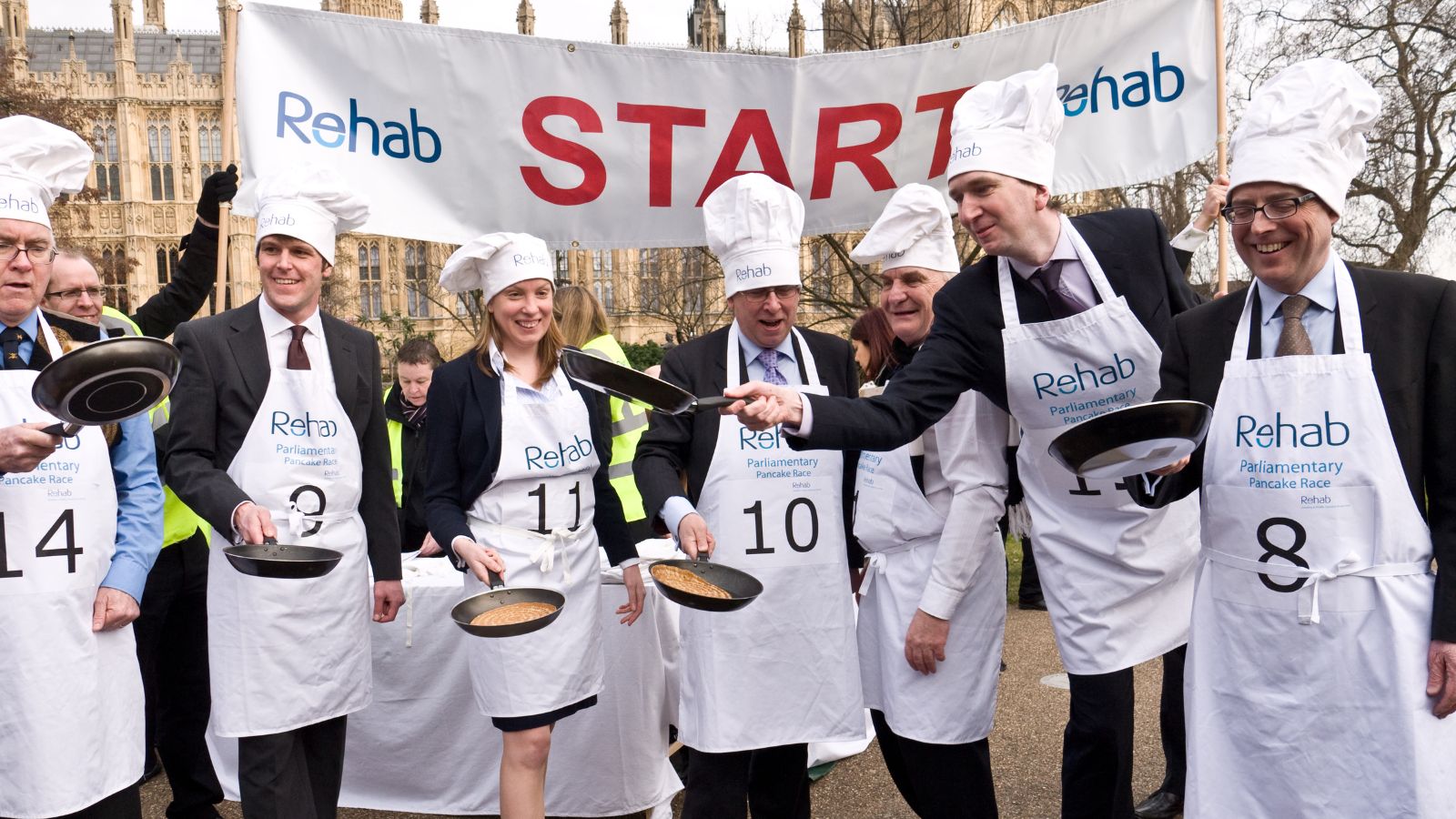
Traditionally held on Shrove Tuesday, pancake races are a quirky and fun British tradition. Participants would race through the streets flipping pancakes in frying pans as they ran, a custom that dates back to the 15th century, while today, pancake races still exist but are less common.
Travelling Fairs
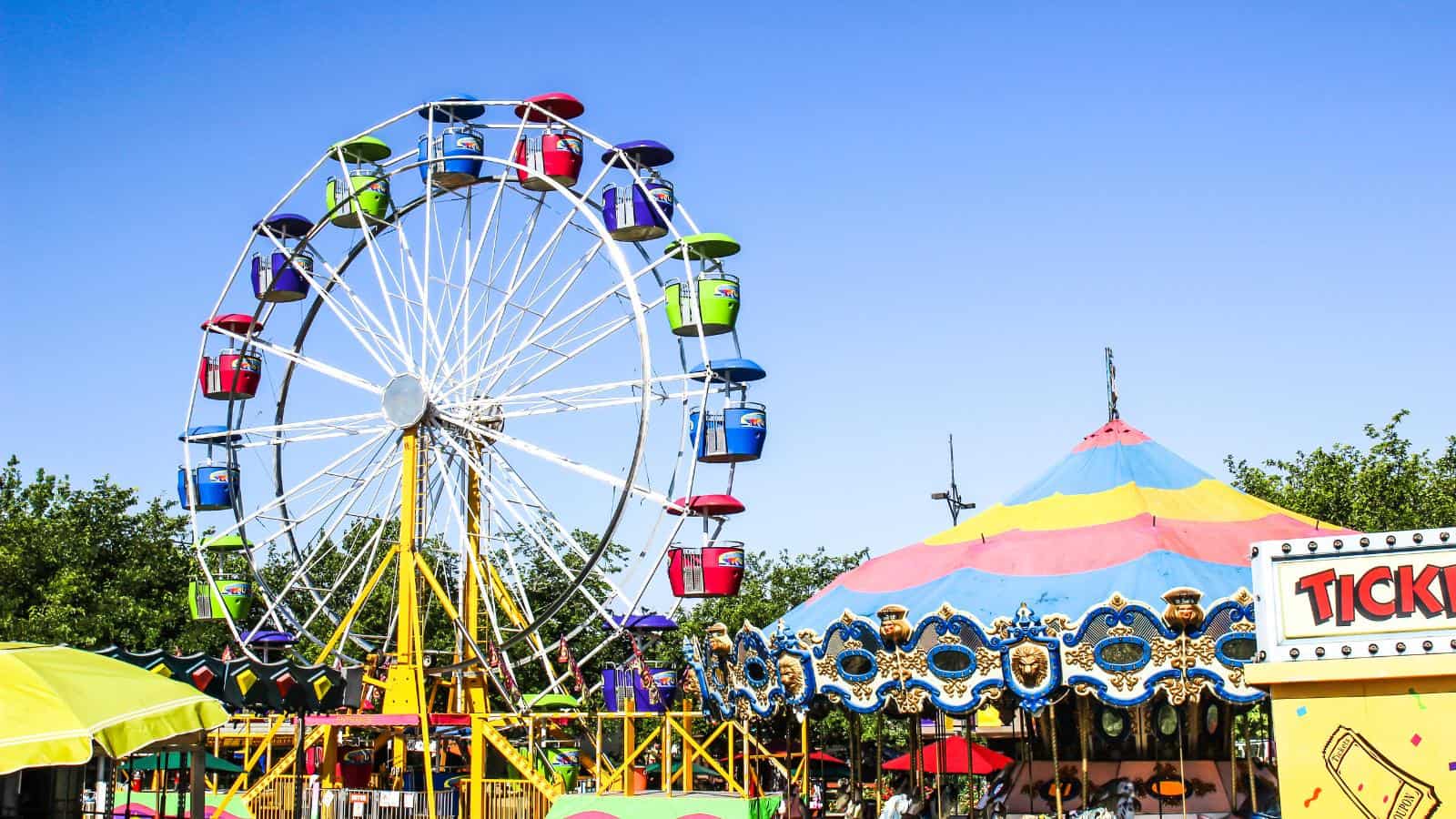
Travelling fairs were once a key part of British life, bringing excitement and entertainment to towns and villages; these fairs, with their colourful stalls, rides, and games, were an anticipated event for people of all ages. While larger amusement parks have replaced them, the charm and simplicity of a traditional fair can’t be beaten.
Wassailing
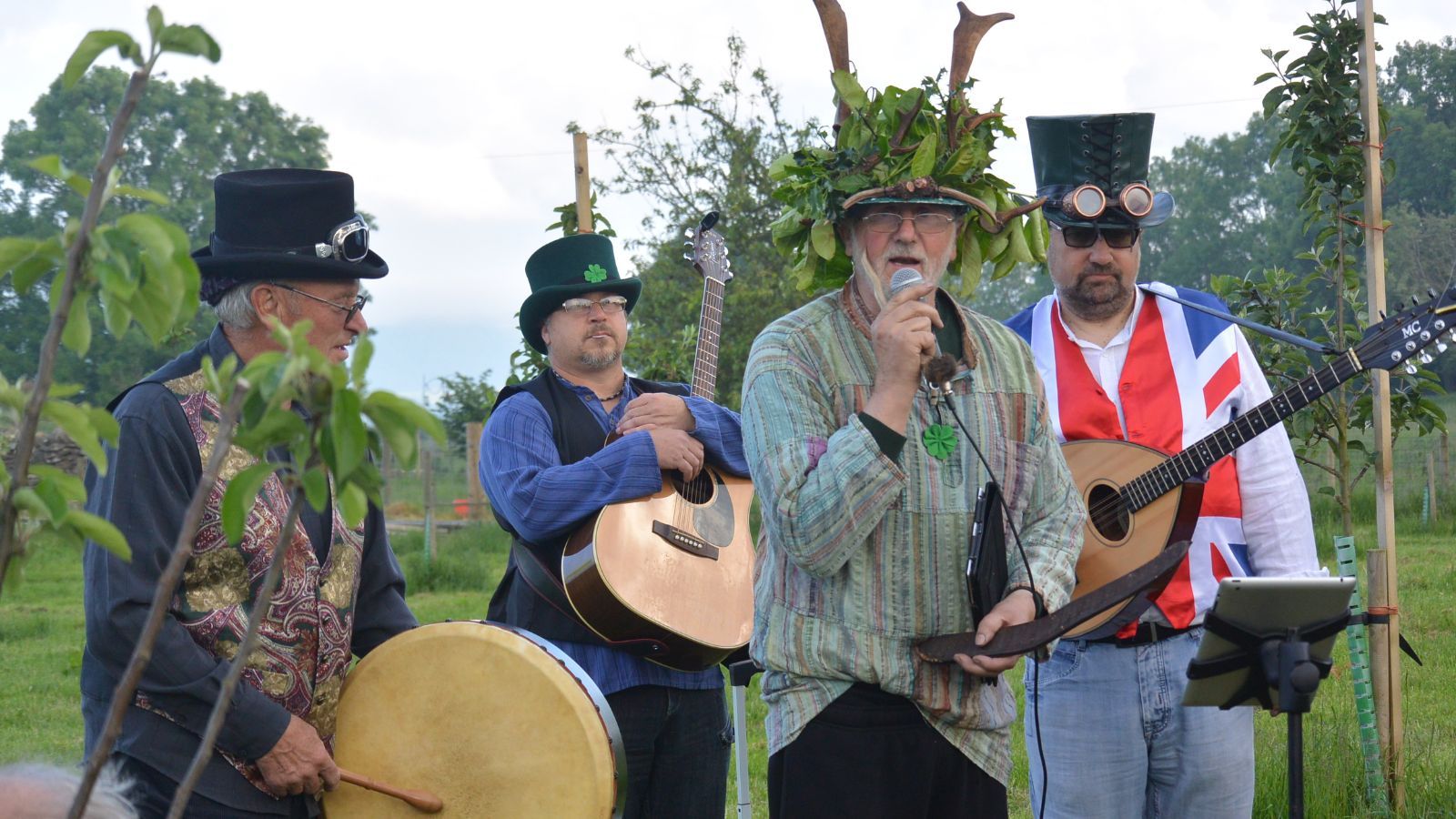
Wassailing is an ancient tradition that involved singing and toasting to the health of orchards and crops in the hopes of ensuring a good harvest. Traditionally held in January, people would gather in apple orchards, singing songs and offering food and drink to the trees, and reviving wassailing could reconnect us with our agricultural roots.
Candlelit Evenings
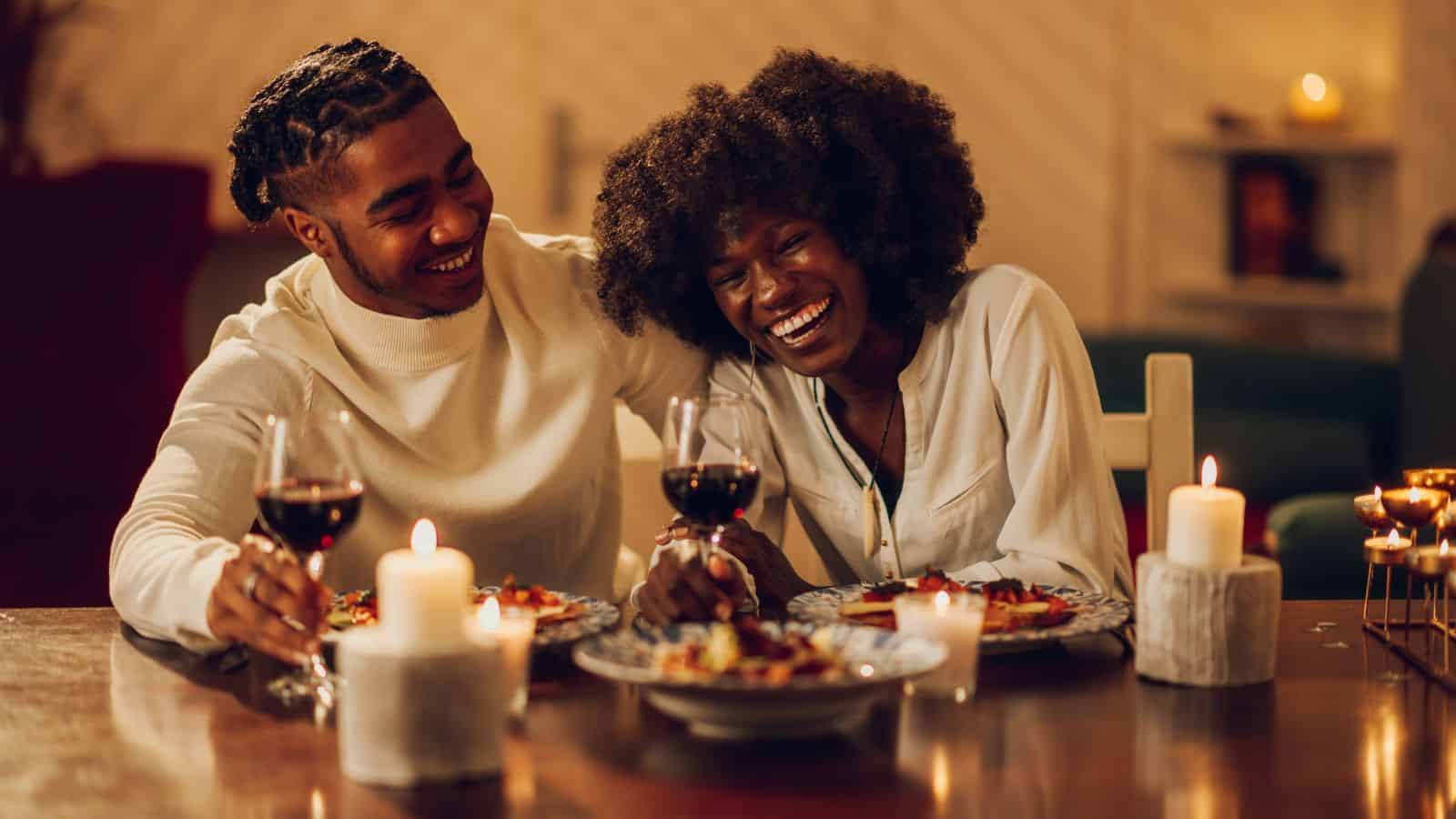
Before electricity, families would often gather around the warmth of a fire or candles in the evening, using the soft, flickering light to read, tell stories, or simply enjoy each other’s company. There was something inherently cosy and peaceful about these evenings, free from the distractions of technology.

